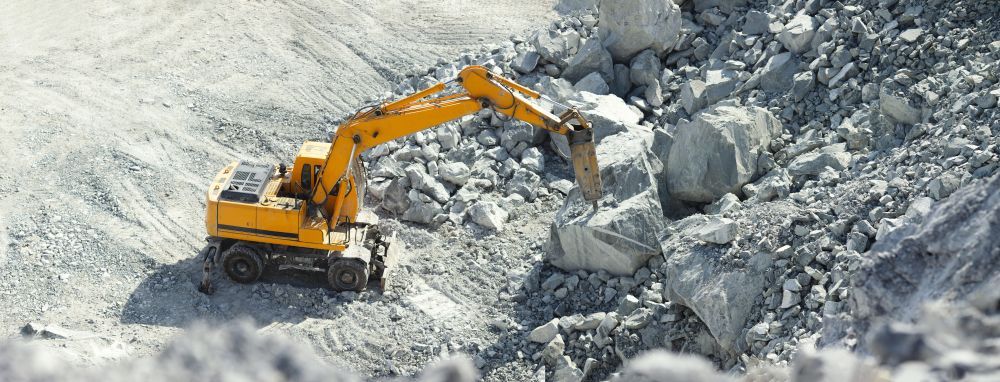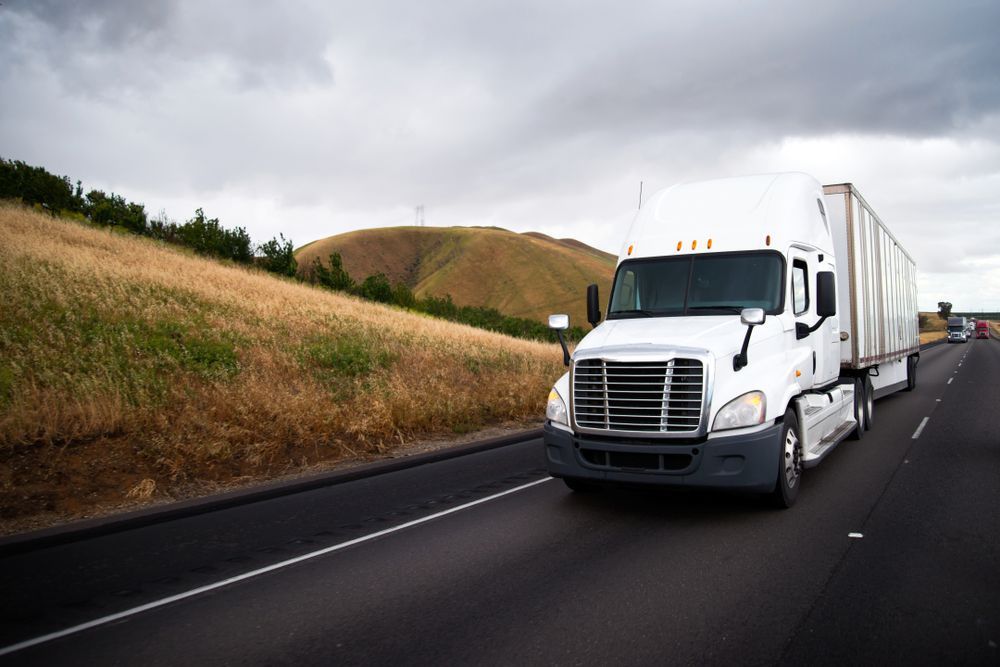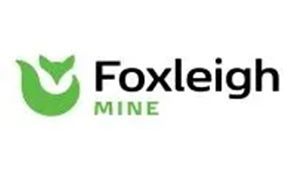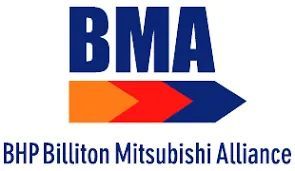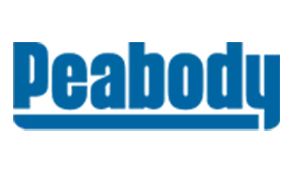Get In Touch Today 0437 590 088
Department Of Transport Compliance in the Whitsundays
Contact PBC Compliancing in the Whitsundays
Thank you for contacting PBC Compliancing Pty Ltd .
We will get back to you as soon as possible.
Please try again later.
DOT Compliance Services for Mining Vehicles
The Department of Transport (DOT) compliance requirements for mining vehicles emphasise the dual functionality these vehicles must uphold as they navigate public roads and the rugged terrain of mining sites. This necessitates strict compliance with safety standards, roadworthiness and environmental regulations.
Mining vehicles must undergo regular inspections to ensure their suitability for both environments, maintaining high safety standards to prevent accidents and breakdowns. Proper registration and adherence to specific weight and dimension regulations are crucial to managing the impact on public infrastructure. Additionally, these vehicles are required to meet emissions standards to reduce environmental damage. The DOT also enforces comprehensive record-keeping for vehicle maintenance and driver hours to uphold safety standards on both public and mining roads.
At PBC Compliancing, we offer a range of Department of Transport compliance services to ensure your mining vehicles comply with all DOT regulations. Call
0437 590 088 for more information or to book a service.
Our Services
Ensuring mining equipment complies with the latest safety and environmental regulations is crucial. We assist in certifying that all machinery is up to the task, safeguarding the efficiency of your operation and the well-being of your workforce in the Whitsundays.
Staying abreast of Department of Transport compliance is essential for any vehicle operating in the Whitsundays. We offer thorough inspections and services to guarantee your vehicles adhere to all current regulations.
DOT Compliance Services for Private Vehicles
Aside from mining vehicles, we also offer compliance, registration and modification services for private vehicles including:
- Caravans: Caravans, including travel trailers and mobile homes, must comply with specific safety standards related to towing mechanisms and weight distribution. This is crucial for stability and safety while driving, particularly on long journeys. Inspections often focus on the structural integrity of the tow-bar systems and the proper functionality of braking and lighting systems.
- Hot Rods: Hot rods, which are custom-built or significantly modified cars, require thorough inspections to ensure that all modifications adhere to safety standards. This includes checks on the vehicle’s structural integrity, engine modifications, and overall roadworthiness. The unique nature of these vehicles often demands a more detailed inspection process to ensure they pose no danger to the driver or other road users.
- Four-Wheel Drives:
4WDs are designed for off-road and rugged terrain use, but must also comply with standard road safety regulations when used on public roads. Our inspections for 4WDs often focus on suspension systems, tyre conditions and undercarriage integrity, which are crucial for their performance in diverse environments.
Contact Us
Thank you for contacting PBC Compliancing Pty Ltd .
We will get back to you as soon as possible.
Please try again later.
Frequently Asked Questions
-
What is DOT compliance?
DOT compliance refers to the adherence to the regulations set forth by the Department of Transport regarding safety, roadworthiness, and environmental standards for vehicles. It ensures that all vehicles on the road do not pose any danger to their drivers, passengers, or the public. Compliance is monitored through periodic inspections and audits, and it helps to maintain a high standard of vehicle operation on public roads.
-
How often do vehicles need to undergo inspections for DOT compliance?
The frequency of inspections can vary depending on the type of vehicle but generally includes regularly scheduled inspections and ad-hoc checks if there are any concerns. Commercial vehicles might be inspected more frequently than private vehicles due to their heavy usage and higher risk of wear and tear. Owners are responsible for keeping their inspection schedules up to date.
-
Are there specific weight restrictions for caravans?
Yes, specific weight restrictions for caravans include the Aggregate Trailer Mass (ATM), Gross Trailer Mass (GTM) and Tow Ball Mass (TBM). Understanding these limits not only ensures legal compliance but also contributes to safer towing dynamics by preventing undue stress on the towing vehicle's brakes and suspension system, enhancing overall road safety.
Phone
Location
Business Hours
- Monday
- -
- Tuesday
- -
- Wednesday
- -
- Thursday
- -
- Friday
- -
- Saturday
- Appointment Only
- Sunday
- Closed
Department Of Transport Compliance Services
Site Links
What We Do
Mining Compliance
Department Of Transport Compliance
Trading Hours
- Monday
- -
- Tuesday
- -
- Wednesday
- -
- Thursday
- -
- Friday
- -
- Saturday
- Appointment Only
- Sunday
- Closed
Licenses
Certificate of Accreditation Light & Heavy Vehicles
Certificate of Accreditation Heavy Vehicle Registration Assessment
BMA Equipment Compliance Authorised Inspector
Department of Transport & Main Roads Approved Person Inspector
Approved Brake Inspector
AURHTB5005 – Analyse and evaluate heavy vehicle braking system faults
AURKTB5002 – Analyse and evaluate wheeled mobile plant braking system faults
AURLTB5002 – Analyse and evaluate light vehicle braking
ABN: 60 151 474 074

